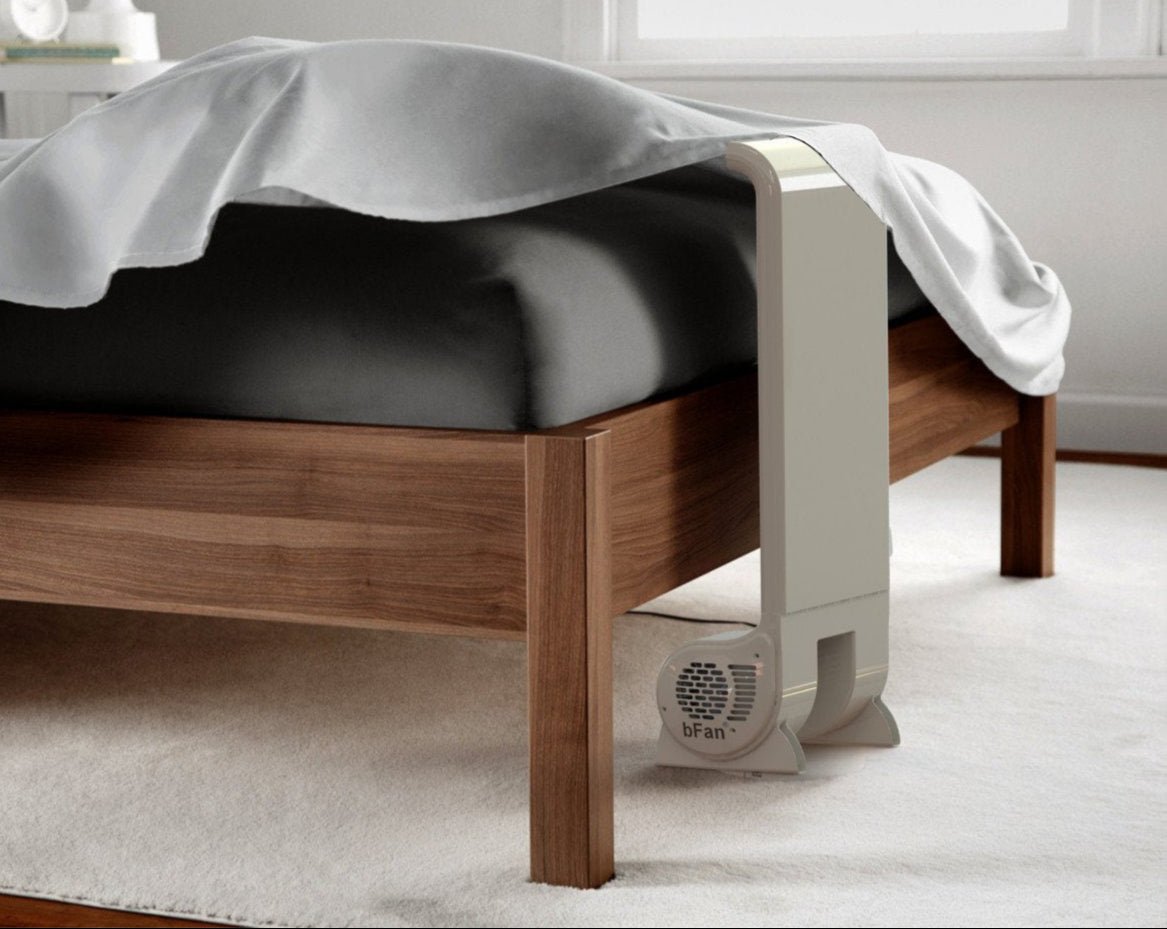Infections and Illnesses That Contribute to Night Sweats
Infections and Illnesses That Contribute to Night Sweats
Introduction to Night Sweats and Their Underlying Causes
Night sweats aren't a disease themselves but a symptom. They occur when your body temperature rises, triggering excessive sweating to cool down. Infections are a primary culprit because they often cause fevers, which ramp up your body's heat production. Illnesses like cancers or autoimmune disorders can mimic this response. According to medical sources, conditions such as tuberculosis and HIV are frequently associated with this symptom. Let's break it down by category to make it easier to understand.
Bacterial Infections Leading to Night Sweats
Bacterial infections are among the top reasons for night sweats, as they provoke systemic inflammation and fever. One of the most notorious is tuberculosis (TB), a contagious infection primarily affecting the lungs. TB bacteria can lie dormant for years before activating, leading to persistent coughs, weight loss, and yes, profuse night sweats. This symptom is so classic that it's often one of the first red flags doctors look for in TB diagnosis.
Another serious bacterial cause is endocarditis, an infection of the heart's inner lining and valves. It typically arises from bacteria entering the bloodstream, perhaps from dental procedures or skin infections. Symptoms include fever, chills, and night sweats, which can persist if untreated, potentially leading to heart damage. Osteomyelitis, or bone infection, follows a similar pattern. Often resulting from surgery, trauma, or spread from nearby tissues, it causes deep bone pain, swelling, and those telltale night sweats due to ongoing inflammation.
Brucellosis, sometimes called Malta fever, is less common but notable. Transmitted through unpasteurized dairy or contact with infected animals, it leads to undulating fevers and drenching sweats at night. Abscesses—pockets of pus from bacterial infections in organs like the liver or lungs—can also trigger this response as the body fights the localized infection. If you suspect a bacterial infection, antibiotics are usually the go-to treatment, but early testing is key to prevent complications.
Viral Infections and Night Sweats
Viruses can wreak havoc on your immune system, often manifesting as night sweats. HIV/AIDS is a prime example. In the early stages of HIV infection, known as acute retroviral syndrome, people may experience flu-like symptoms including fever and night sweats. As the virus progresses to AIDS, opportunistic infections exacerbate these sweats. Regular testing and antiretroviral therapy can manage this, but awareness is vital.
Mononucleosis, or "mono," caused by the Epstein-Barr virus, is another viral offender. Common in teens and young adults, it brings fatigue, sore throat, and swollen lymph nodes alongside night sweats. While it usually resolves on its own, rest and hydration help. Other viruses like cytomegalovirus (CMV) or even severe cases of the flu can mimic these effects, especially in immunocompromised individuals.
Fungal and Parasitic Infections
Fungal infections, though rarer in healthy people, can cause night sweats in certain regions or populations. Histoplasmosis, inhaled from bird or bat droppings, affects the lungs and can lead to chronic symptoms including sweats. Similarly, coccidioidomycosis (valley fever) in arid areas like the southwestern U.S. triggers fever and night sweats.
Parasitic infections add another layer. Malaria, spread by mosquitoes, causes cyclical fevers and chills that often peak at night with heavy sweating. Leishmaniasis, from sandfly bites, and babesiosis, a tick-borne illness, also list night sweats among symptoms. Travel history is crucial here—mentioning recent trips to endemic areas can help your doctor diagnose faster. Antifungal or antiparasitic medications are standard treatments.
Cancers and Other Illnesses Associated with Night Sweats
Beyond infections, certain illnesses like cancers are strongly linked to night sweats. Lymphoma, a cancer of the lymphatic system, often presents with "B symptoms": fever, weight loss, and drenching night sweats. Hodgkin's lymphoma is particularly known for this triad. Leukemia, affecting blood cells, can cause similar issues due to the body's overproduction of abnormal cells leading to fevers.
Carcinoid tumors, rare neuroendocrine growths, release hormones that flush the body, causing sweats. Other conditions include autoimmune disorders like rheumatoid arthritis, though less directly tied to infections. Hyperthyroidism, where the thyroid overproduces hormones, speeds up metabolism and can result in night sweats, mimicking infectious fevers.
Symptoms to Watch For and When to See a Doctor
Night sweats alone might not be alarming, but combined with other signs, they warrant attention. Look for unexplained weight loss, persistent fever, cough, fatigue, or swollen lymph nodes—these could point to serious underlying issues. If sweats disrupt your sleep or occur frequently, consult a healthcare provider. They might order blood tests, imaging, or cultures to pinpoint the cause.
Diagnosis often starts with a thorough history and physical exam. For infections, tests like TB skin tests or HIV screenings are common. Imaging like CT scans can reveal abscesses or tumors. Treatment varies: antibiotics for bacteria, antivirals for viruses, chemotherapy for cancers. Lifestyle tweaks, like cooler bedrooms or breathable pajamas, can provide relief while addressing the root cause.
Prevention and Management Tips
Preventing infections involves good hygiene, vaccinations (e.g., for flu or TB in high-risk groups), and safe practices like using insect repellent in malaria zones. For illnesses like cancers, regular check-ups and healthy living reduce risks. Managing night sweats includes staying hydrated, avoiding alcohol before bed, and using fans for better sleep.
In summary, night sweats from infections and illnesses range from treatable bacterial issues to more complex conditions like HIV or lymphoma. Early recognition saves lives—don't ignore persistent symptoms. Consult professionals for personalized advice.
Implementing these will help rank higher for queries related to night sweats and infections.

The bFan Bedfan
Stop Sleeping Hot
Order your fan today and stop night sweats so you cab get the rest you need.
